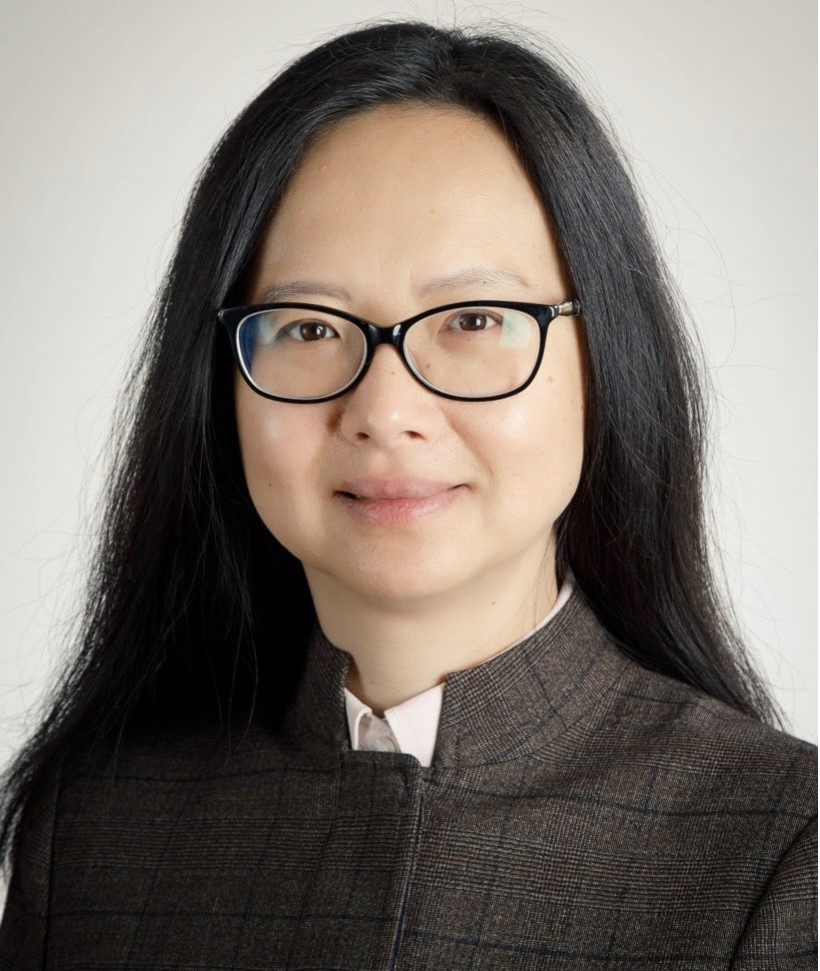
Concerning societal events prompted by the present COVID-19 pandemic have caused most University of Houston (UH) professors to conduct their work and research from home. Margaret Cheung, Ph.D., Moores Professor of Physics, is one of the many HPE Data Science Institute users generating computational data with her research group, while teaching students remotely.
Cheung holds multiple titles and has won many awards pertaining to her research and publications. She has been a professor and researcher at UH for many years. Cheung discusses her research activity, teaching and life while in quarantine.
- What is the main focus of your research? What have been the most challenging research campaigns you have entered into while in conjunction with the HPE Data Science Institute?
MC: I am interested in the biological physics of living systems, particularly regarding proteins. My group develops theories and runs large-scale molecular simulations on proteins in complex environments that mimic a living cell.
The most challenging aspect of my research would be to train students for research at the interface of computation, physics and biology. The HPE Data Science Institute has been helpful with mitigating the barriers to achieving large-scale simulations. - In your opinion, what is the most exciting capability of the supercomputers in the HPE Data Science Institute?
MC: It is high-performing while being accessible to students and faculty at UH. The staff at HPE Data Science Institute has been supportive and that’s definitely a highlight. - What is your favorite pastime outside of work? Any hobbies?
MC: Right now, I don’t have much free time. I have children who learn their coursework remotely. I am basically their teacher, chef and playdate, while I am also working full-time. My husband helps too, I will give him some credit! - What advice would you give to other researchers who are transitioning their work to be remote during the current crisis?
MC: Data management can be an issue. I have advised my students to consistently back up their data and metadata on supercomputers at UH, instead of their laptops and desktops. - You are an associate editor of Reviews of Modern Physics for the American Physical Society (APS Physics). What is the most interesting experience you’ve had in this role so far?
MC: It is such an honor to serve the APS community as its associate editor. I get to learn about distinctive, interesting physics outside of my field when I work with other associate editors.